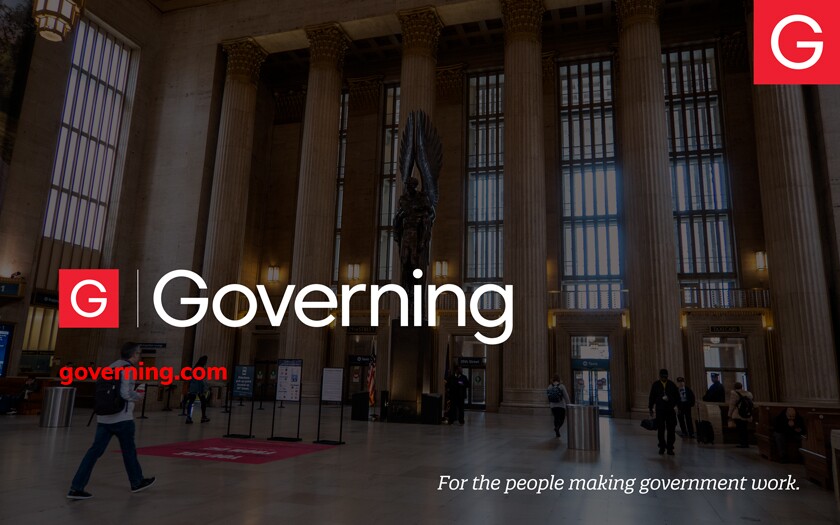Whitmer is visiting Norway and Switzerland this week to woo businesses to come to Michigan and to participate in the World Economic Forum in Davos. The trip comes as European Union leaders, as well as other key allies Japan and South Korea, fume over generous U.S. subsidies they say unfairly discriminate against their companies.
"We've gotten some feedback from European companies who are glad the United States is back in the game, but also their competitive spirit is coming out — they're not really keen on competition," the Democratic governor said in a phone interview.
"American-made is the best in the world and we have to lead. It's important for not just the jobs of today but our long-term economic future and our homeland security."
The Inflation Reduction Act, enacted last summer, appropriated more than $360 billion for efforts aimed at combatting climate change with incentives for low-emission technology.
The funding also has strings that benefit U.S. manufacturing, including new consumer discounts on electric vehicles that require vehicles be assembled in North America and contain minerals and battery components primarily sourced on the continent.
Diplomatic efforts to change the law are unlikely to succeed given political divisions in Congress and limited wiggle room for agencies to interpret the policies. Meanwhile, European companies are pushing their governments to come up with their own incentive packages to rival the U.S. — a prospect some EU leaders say they support.
Whitmer is rubbing shoulders with the CEOs of many of those companies as she attends the World Economic Forum, an annual gathering of many of the world's biggest corporate and political leaders. She spoke on a panel Tuesday about the "return of manufacturing" and will participate in two more on Thursday, about semiconductor supply chain shocks and gender equity in leadership.
Whitmer has been in Europe since Sunday, when she flew to Oslo in Norway for meetings with Norwegian companies and officials.
Among them was Hydro Aluminum, a Norwegian aluminum recycling company building a new facility in Cassopolis in Michigan, which she said is "critical to the auto industry" and other advanced manufacturing.
She also met with representatives from Nel Hydrogen, a hydrogen production and storage company that she said is using "advanced robotics," about potentially expanding into Michigan. Michigan is competing with other states in the U.S. for the expansion.
In Switzerland, she met with Güdel Inc., an industrial equipment supplier and maker of robotic automation products that has a facility in Ann Arbor, about potentially expanding their operations in the state.
"We are hopeful to expand their presence or grow a presence in Michigan," she said. "That means good paying jobs in advanced manufacturing."
She said it's not clear which other states are Michigan's main competitors as the companies consider building in the U.S., but that it's clear the state is in the top three for companies she's visiting personally.
"They're seeing the announcements that we've made, they're seeing the investment that happening," she said. "People know Michigan's open for business, they see that we are moving fast. I've gotten a lot of interest in my travels in terms of what's happening in Michigan."
One consistent question she's gotten from businesses is whether Michigan has a skilled workforce that could staff their operations. "It's in our DNA, we've got a proud history," she said, but she reminds them of programs her administration has spearheaded to connect people to training and education, such as tuition subsidies for essential workers and for people over the age of 25.
She also met with officials from Norway's Ministry of Petroleum and Energy and the Ministry of Trade and Industry to discuss opportunities for collaboration in clean energy, including hydrogen fuel cells and batteries.
Whitmer has additional business meetings Thursday, she said, before returning to the U.S.
©2023 www.detroitnews.com. Distributed by Tribune Content Agency, LLC.
Related Articles












